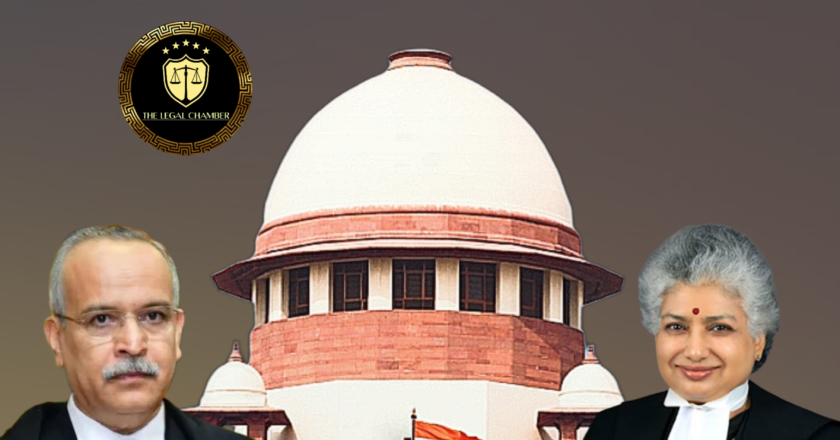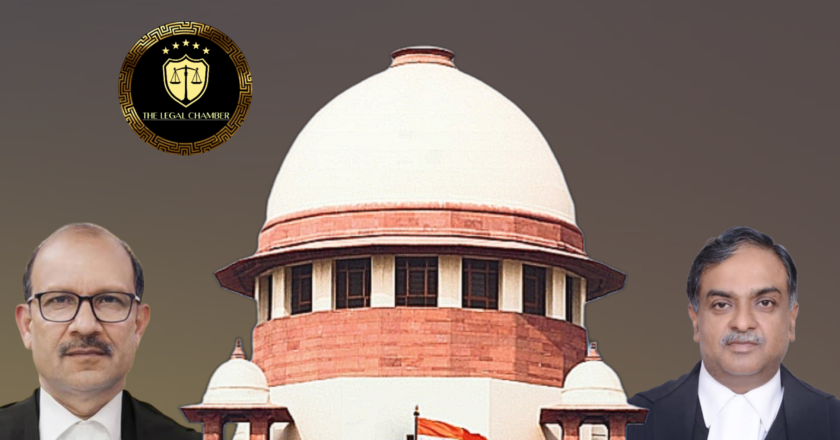Supreme Court Landmark Judgment Allows Secret Spouse Recordings as Evidence in Divorce Cases
The Supreme Court held that covertly recorded conversations between spouses are admissible as evidence in divorce proceedings under Section 122 of the Indian Evidence Act, 1872, which permits disclosure of marital communications in suits between married persons. The Court clarified that such evidence does not violate the right to privacy under Article 21 of the Constitution, as Section 122’s exception prioritizes fair trial rights over spousal privacy in matrimonial disputes. The ruling emphasized that Family Courts can admit such evidence if it meets the relevance, authenticity, and accuracy standards under Sections 65A and 65B of the Evidence Act, which govern electronic records. The judgment harmonized the Evidence Act’s provisions with the Family Courts Act, 1984, ensuring procedural f...

